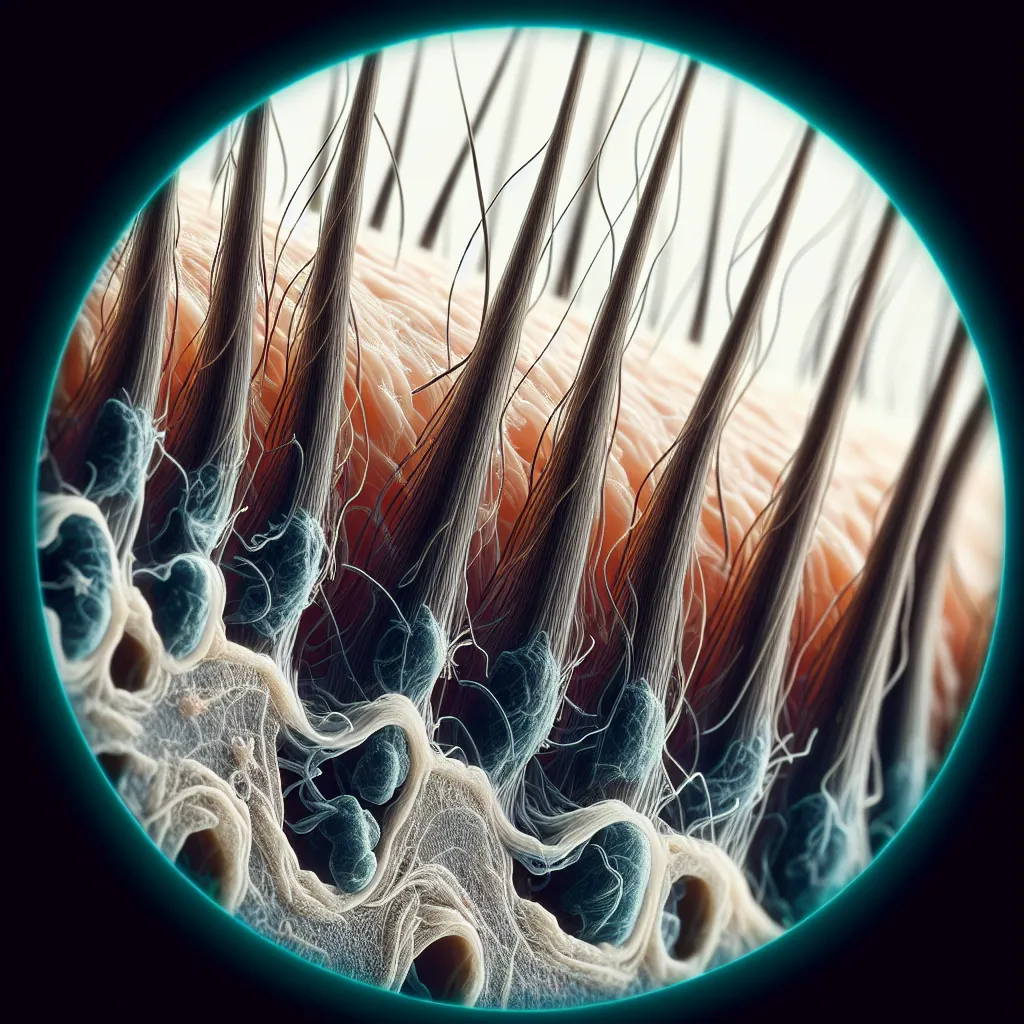
Effective Hair Fixes for Damaged Hair
Top 5 Natural Remedies for Repairing Damaged Hair
When it comes to repairing damaged hair, natural remedies can be a great way to nourish and revitalize your locks without relying on harsh chemicals. Here are the top 5 natural remedies for repairing damaged hair:
- Coconut Oil: Known for its ability to penetrate the hair shaft and prevent protein loss, coconut oil is a go-to natural remedy for damaged hair. Massaging warm coconut oil into your hair and leaving it on for a few hours (or overnight) can help moisturize and strengthen your strands.
- Argan Oil: Rich in antioxidants and omega-3 fatty acids, argan oil can help repair hair damage and restore shine. Applying a few drops of argan oil to the ends of your hair can help tame frizz and prevent further damage.
- Avocado: Packed with vitamins, minerals, and essential fatty acids, mashed avocado can be used as a deep conditioning treatment for damaged hair. Combining avocado with a natural yogurt or honey can enhance its moisturizing properties.
- Aloe Vera: With its soothing and hydrating properties, aloe vera gel can help repair damaged hair and promote healthy hair growth. Applying aloe vera gel to your scalp and hair can provide a cooling sensation while nourishing your strands.
- Apple Cider Vinegar: Rinsing your hair with diluted apple cider vinegar can help restore the pH balance of your scalp and hair, which is essential for healthy, shiny locks. This remedy can also help remove product buildup and seal the hair cuticle.
These natural remedies can be incorporated into your regular hair care routine to help repair and rejuvenate damaged hair without the use of harsh chemicals. Whether used individually or in combination, these top 5 natural remedies offer effective solutions for achieving healthier, more resilient hair.
The Science Behind Restoring Hair Health and Shine
Restoring damaged hair to its former health and shine involves understanding the science behind hair structure and the effects of damage. Hair is primarily composed of a protein called keratin, which forms the main structural component of the hair shaft. When hair becomes damaged, the cuticle layer, which protects the inner layers of the hair, can become weakened or compromised. This leads to issues such as dryness, brittleness, and a lackluster appearance.
To restore hair health and shine, it’s crucial to focus on repairing the damaged cuticle layer. This can be achieved through the use of targeted hair treatments and products that contain ingredients known to penetrate the hair shaft and provide nourishment. For example, protein treatments can help rebuild the strength of the hair, while moisturizing ingredients like coconut oil or shea butter can help restore lost hydration.
Furthermore, incorporating ingredients such as keratin, biotin, and vitamins A and E can support the overall health of the hair and promote shine. These nutrients play a vital role in replenishing the essential components of the hair shaft and providing the nourishment needed for optimal hair health.
Understanding the science behind restoring hair health and shine allows for a more targeted approach to hair care, ensuring that damaged hair receives the specific attention it needs to recover. By choosing products and treatments that align with the principles of hair science, individuals can work towards effective and long-lasting hair repair.
Expert Tips for Rehabilitating Damaged Hair
When it comes to rehabilitating damaged hair, seeking expert advice can make a world of difference. Hair stylists and trichologists recommend several effective tips for restoring health and vitality to your hair. One of the most important steps is to avoid over-washing, as frequent shampooing can strip the hair of its natural oils, leading to further damage. Additionally, using a deep conditioning treatment once a week can help replenish moisture and repair the hair shaft.
Experts also stress the significance of using heat protectant products before styling with heat tools, such as hair dryers and straighteners. This can help minimize heat damage, which is a common cause of hair breakage and brittleness. It’s also advisable to trim the ends of the hair regularly to get rid of split ends and prevent further damage from traveling up the hair shaft.
Furthermore, professionals recommend using hair masks enriched with nourishing ingredients like keratin, argan oil, and coconut oil to provide intense hydration and repair. Lastly, adopting a healthy diet rich in vitamins and minerals, particularly those that support hair health like biotin, zinc, and omega-3 fatty acids, can contribute to overall hair rehabilitation.
By following these expert tips, individuals can effectively rehabilitate their damaged hair and restore it to a healthier, more vibrant state.



